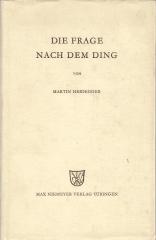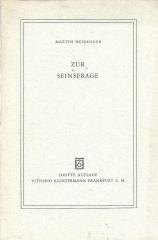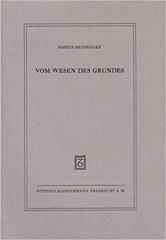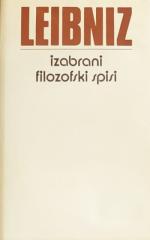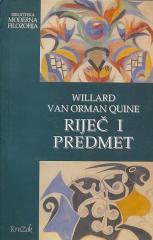
Hebel der Hausfreund
"Hebel – der Hausfreund" is based on a lecture given by Martin Heidegger in 1957, in which he reflects on the character and work of the German writer Johann Peter Hebel.
Heidegger does not approach Hebel as a literary critic, but rather observes him through a philosophical prism, emphasizing his relationship to Being, the world, and simple life.
Hebel is known for his collection of short stories and calendar stories that were addressed to the "little man" - miners, peasants, craftsmen. Heidegger sees in Hebel's stories a domestic way of thinking: a connection with nature, respect for everyday life, understanding life through small but important events.
For Heidegger, Hebel is not only a narrator, but also a guardian of Being - through simple stories he enables people to get closer to the deeper meaning of existence. Hebel's ability to see the extraordinary in ordinary things, to discover the miracle of life in everyday life, is a model of the way of thinking that Heidegger calls thoughtful.
"Hebel - a domestic friend" thus becomes Heidegger's appeal for the return of simplicity, gratitude, and modesty in a time of technological haste and alienation. Hebel teaches us how to live in the world, not just rule it.
The work reflects Heidegger's late philosophy, focused on silence, co-existence, and the discovery of Being through ordinary things.
One copy is available
- Signature of previous owner
